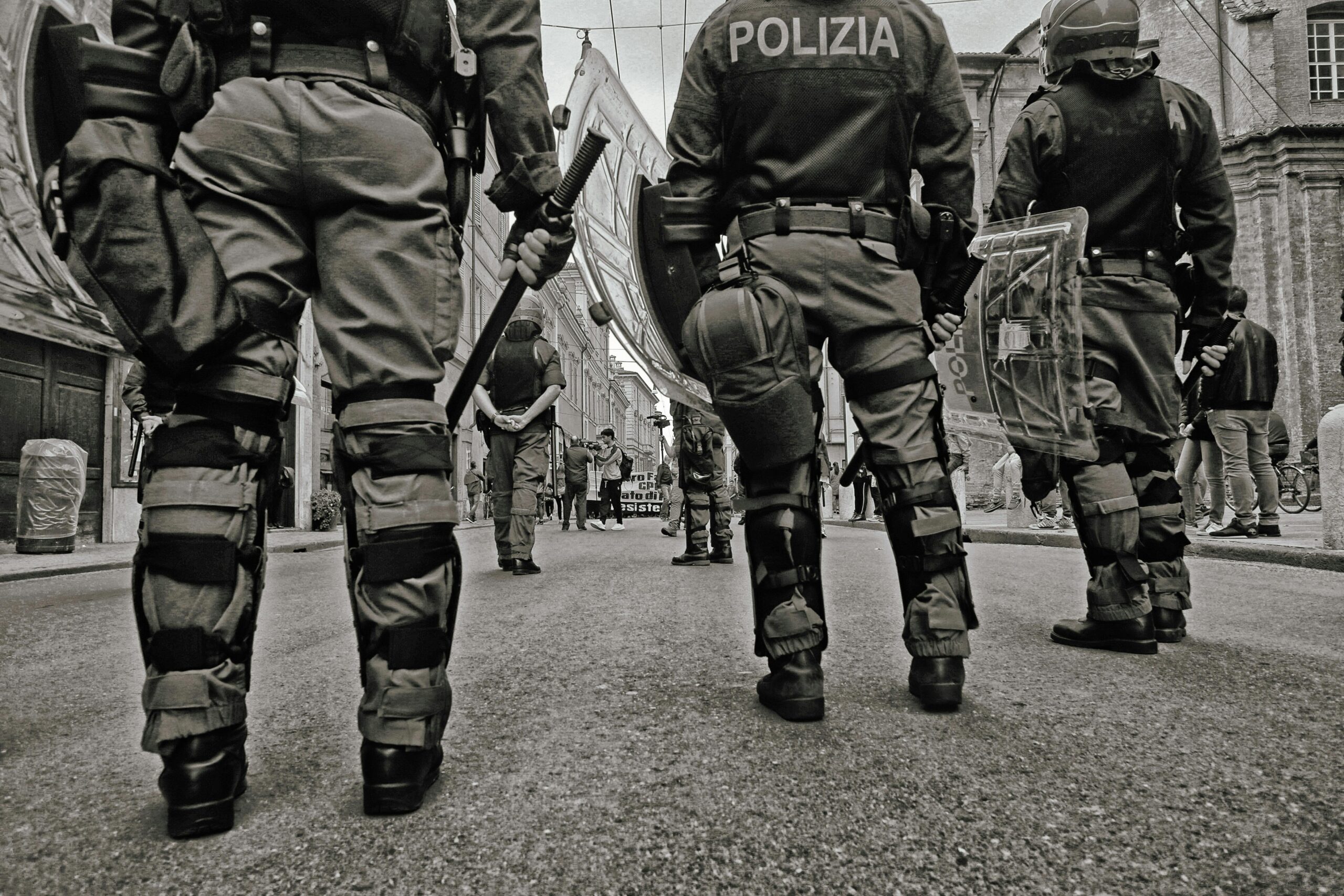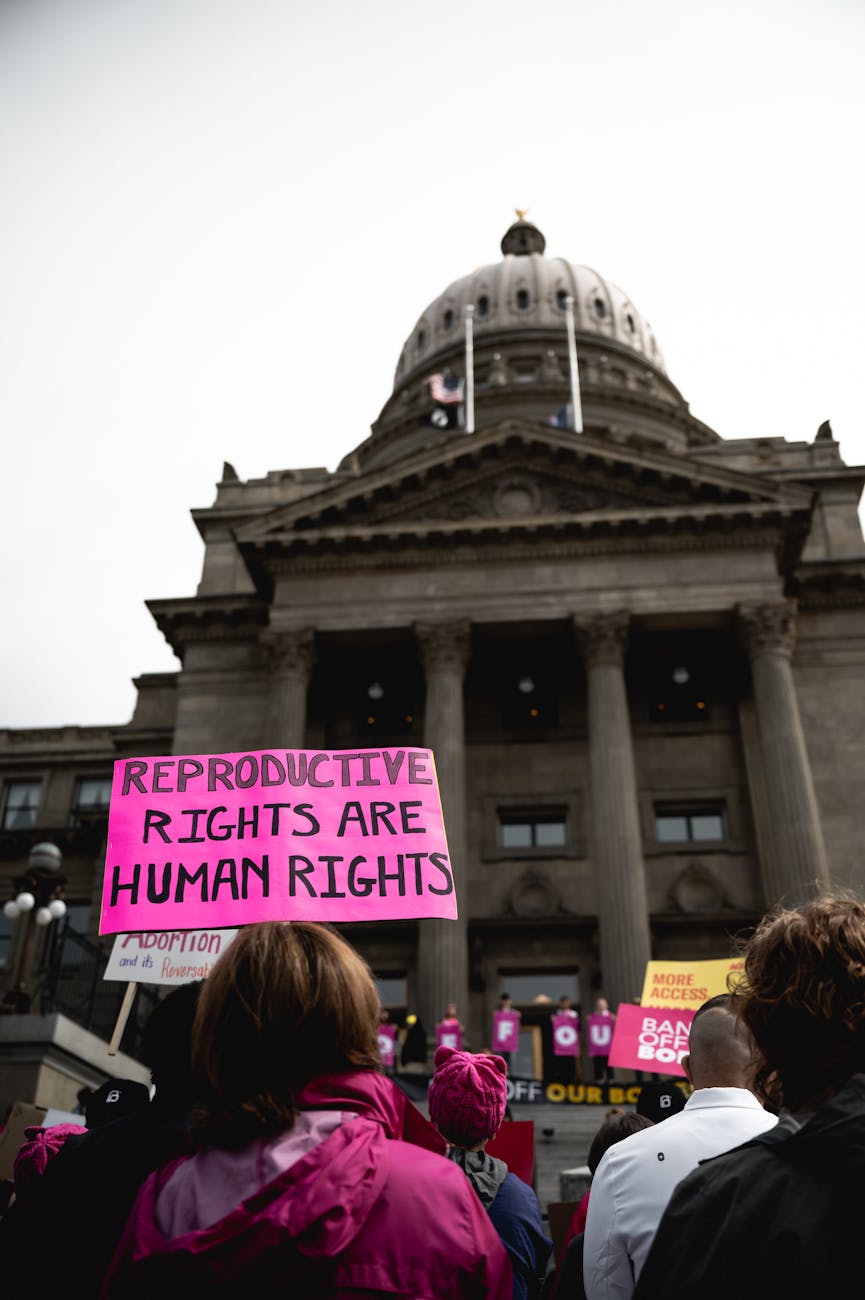The nation woke up on the 7th of March to news of the brutalization of residents in Ashaiman and its environs following the murder of a 21-year-old soldier, in a mob attack on 4th March 2023. The Ghana Armed Forces, sanctioned by the Military High Command swooped down on Ashaiman and its environs, to apprehend the perpetrators of the heinous murder. However, the operation resulted in the harassment of citizens and the arrest of 184 individuals, the majority of whom were young males aged 21 to 47. They were conveyed to the Military Personnel base before being handed over to the Ghana Police Service for screening and further action.
This situation is exceedingly concerning for both the civilians culpable for the mob attack and the military personnel responsible for the residents’ brutalization. The military has a fundamental responsibility to defend citizens and maintain law and order, while citizens have a responsibility to adhere to the law. The events under consideration tell a different story. When the citizens lynched the soldier, there was clearly a failure on their part to observe the law. Article 13 (1) of the 1992 Constitution guarantees the right to life by prohibiting the deprivation of life except in the execution of a court sentence in respect of a criminal offence under Ghanaian laws for which he has been convicted. The provision’s language is clear and unambiguous. Only the court has the authority to order that the life of a person convicted of a criminal offence punishable by death be taken. However, the very object of mob attacks is a presumption of guilt on a suspect before being fairly tried before a competent court.
The military in the exercise of their duty to maintain law and order by fishing out those culpable for the attack, abused their position of trust, by brutalising the people, restricting their movement and compelling them to endure all forms of ridiculous and humiliating punishment. The unjustified excessive use of force on the citizenry constituted a violation of their human rights under the constitution and international instruments such as the International Convention on Civil and Political Rights (ICCPR) and the Convention Against Torture.
In conclusion, the military’s self-administered remedy for the injustice suffered by their colleague was wrong, they took matters into their own hands outside of the legal system, they took revenge, they sought retribution, they brought vigilante justice to Ashaiman – it was an abuse of power and no different from the activities of the mob. It was barbaric and wholly unacceptable!









